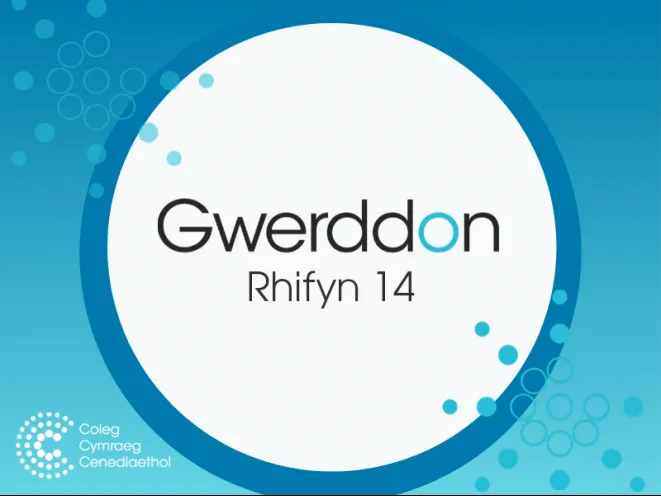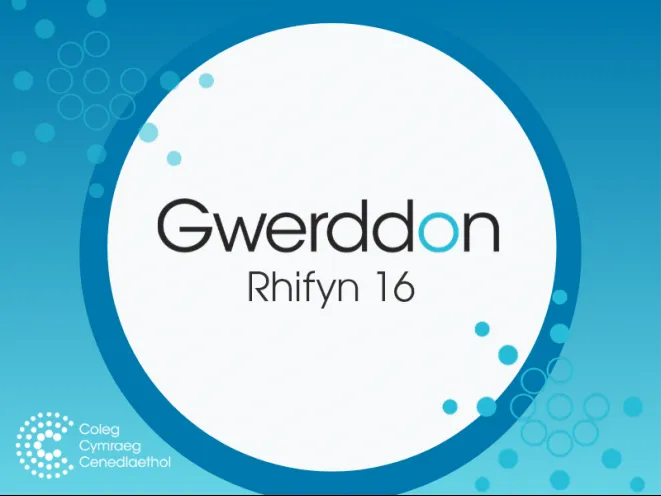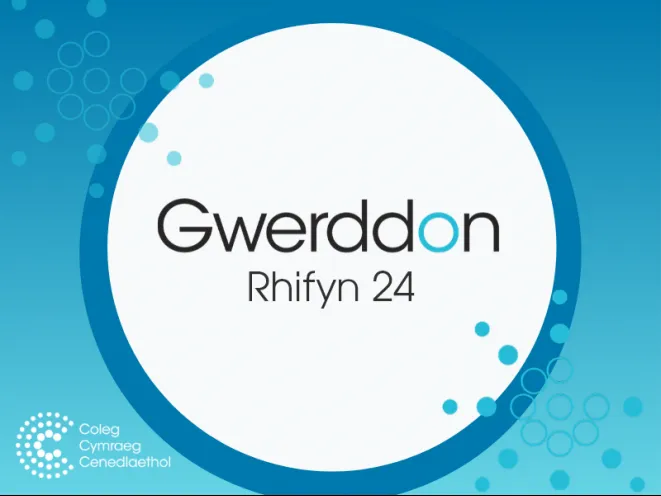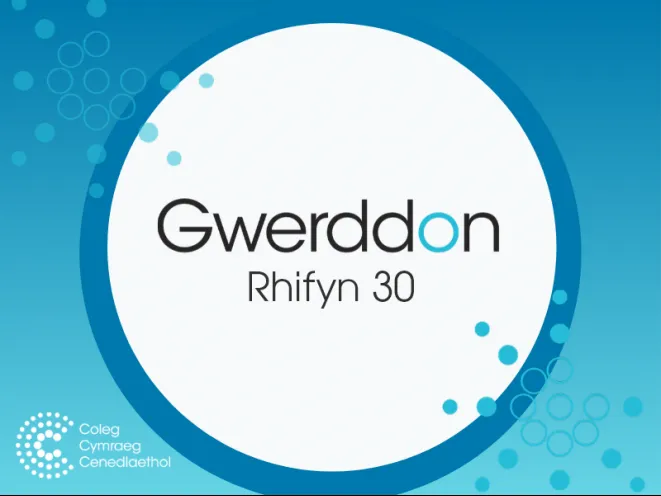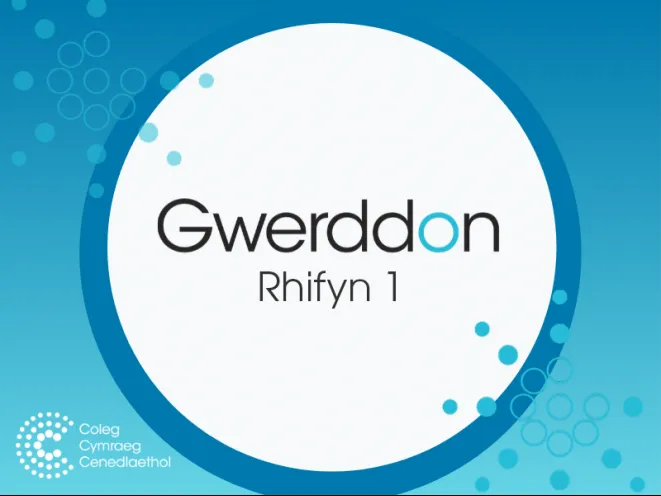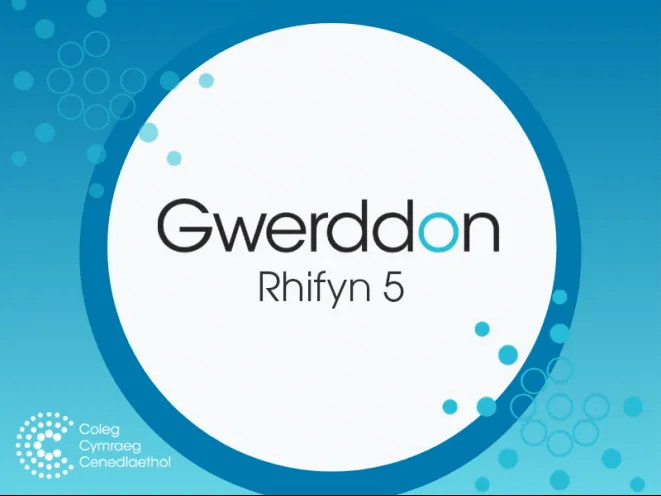This article contains an analysis of the pop charts of three Welsh newspapers during the year 1972, concentrating on regional and national trends, and also on the performance of rock records in the charts. It is argued that Welsh language pop charts are of use as indicators of likely sales, but also because of their role as a medium for the record-buying public to participate in the Welsh pop world.
“At the top once again”: early Welsh language pop charts
A Battle for Language, Language Battles: Terminology of the Welsh pop world in the 1960s and 1970s
This article offers a detailed examination of the relationship between the campaign to revitalise the Welsh language in the 1960s and 1970s and the coining of new words in Welsh-language popular music. It concentrates on attempts to adapt Welsh to the circumstances of the pop world during this period in particular, and examines the ideological consequences of various strategies for coining terms that were used by writers.
Early community newspapers in north Wales and Welsh-language rock music
Since the advent of the papurau bro (community newspaper) movement in Wales in the 1970s, hundreds of articles on rock music have appeared in their pages, giving publicity to local rock bands, gigs, new releases, and so forth. However, these have received no scholarly attention. The present article explores the nature and influence of this little-known collection of sources, positing that this material throws light on the workings of the music scene at a regional and local level, and also that the register of these writings reveals something of the agenda of the contributors: an emphasis on justifying not the existence but the cultural worth of Welsh-language rock music to the older generation influenced young writers and champions of the pop world.
‘A new world where justice dwells’: Morgan John Rhys’ (1760–1804) vision
In this article it is argued how Morgan John Rhys’ (1760–1804) belief in the Second Coming and Millennium influenced his participation in the campaign to abolish slavery, the French Revolution and America. It is shown how Millenarianism was a force that shaped Morgan John Rhys’ worldview and influenced his social action and campaigns. Also, it is shown how William Williams, Pantycelyn (1717–91), preceded Morgan John Rhys in this context. My argument, with comparative reference to Williams and Rhys, is that Evangelicalism and the Enlightenment were not intellectual enemies, and that Millenarianism was one of the most important driving forces in the lives of these two men, who were integral to the life of eighteenth century Wales.
The early response to Williams Pantycelyn by Saunders Lewis
Saunders Lewis’ Williams Pantycelyn (1927) was the most exciting and controversial work of literary criticism to appear in twentieth century Welsh letters. In ten memorable and often brilliant chapters, Lewis analysed the work of the eighteenth century hymnist not according to the usual Protestant norms but in terms of medieval Catholic mysticism on the one hand and the then novel Freudian and Jungian psychology on the other. The book caused a literary and critical storm. Among those who affirmed its counterintuitive nature was the poet T. Gwynn Jones; its thesis was rejected by the philosopher E. Keri Evans while the preacher-poet Moelwyn Hughes found the volume objectionable in the extreme. Such was the power of Lewis’ analysis, however, that for more than a generation it came to embody a new orthodoxy in the scholarly understanding of William Williams. It was not until the 1960s that this orthodoxy began to be overturned. The accompanying essay describes how this process evolved.
Y Gors [The Bog]: examining the boundary between authorship and contribution in documentary film
In answer to a call by the Arts and Humanities Research Council, and with the support of the Coleg Cymraeg Cenedlaethol, Anne Marie Carty, Nick Jones and Dafydd Sills-Jones made a poetic/experimental documentary film in 2016, on the subject of Cors Fochno, near Borth. Cors Fochno is one of Western Europe’s major peat bogs, is home to a unique ecology, and also home to important scientific study, not least into climate change. The bog was therefore a useful filmic metaphor for a number of issues and perspectives, including the feelings of the local community towards wilderness, the sustainability of local farming, and more broadly the history and future of human relationship with the environment. The article traces the approaches and concepts behind the film, and by doing so places it in the tradition of ‘practice-as-research’.
Historicising production studies: Teliesyn’s second stage through the lenses of Cottle, Bourdieu and Berne
Dros y deng mlynedd diwethaf, mae ‘astudiaethau cynhyrchu cyfryngau’ wedi tyfu’n sylweddol fel is-ddisgyblaeth. Yn sgil hyn, mae’r drafodaeth arferol ar y ddynameg rhwng technoleg, economi, ffurfiau diwylliannol, creadigrwydd a gyrfaoedd proffesiynol wedi eu trawsnewid, gan herio hen begynau disgyrsiol economi gwleidyddol ac astudiaethau diwylliannol. Er hynny, mae gogwydd cyfoes i’r datblygiadau hyn, sy’n aml yn anwybyddu hanes y cyfryngau. Mae’r erthygl hon yn ceisio defnyddio agwedd ‘astudiaethau cynhyrchu cyfryngau’ (wrth ddefnyddio fframweithiau cysyniadol Simon Cottle, Pierre Bourdieu ac Eric Berne) er mwyn olrhain hanes un o brif gwmnïau teledu Cymru, Teliesyn.
Design of a ‘Dual Wavelength Laser’
This article is based upon the idea of designing a laser that can emit light at two different wavelengths, at the same time. This kind of laser has already been produced in the past; however, the difference between the two wavelengths was much larger. We intend to reduce this difference, while still being able to emit at two different wavelengths. This article will also address the effects of linewidth broadening where it is important to know how close the two wavelengths can be before we only see one broad peak in the spectrum, rather than two individual narrow peaks. Doing this will allow us to generate terahertz radiation from just one laser source.
The development of the syntax of numerals in Welsh
The rules determining the forms of nouns and adjectives after numerals and the associated initial-consonant mutations in Middle Welsh are often puzzling to Modern Welsh readers of the language. This article sketches the rules and provides a synchronic account of them. It is shown that they are based on a coherent system where number (singular, dual, numerative, plural) is central. The linguistic changes that have occurred since then are documented in detail and dated using textual evidence. It is argued that these changes can best be understood as steps along a pathway towards a new, equally coherent system where all numeral phrases are treated as singular, and gender rather than number determines both form and mutations.
(Citizenship, the Welsh Language Board, and marketing the Welsh language)
This paper offers a brief examination of the approach taken by the Welsh Language Board, as the principal language policy and planning body in Wales, to aspects of prestige planning and the Welsh language. It describes how devolution, and the recent, first ever, national review by the Welsh Assembly Government of Welsh language policy, provide the immediate context for the work of the Welsh Language Board. The key policy document resulting from that review, Iaith Pawb, is critically analysed and the relationship to it of prestige planning is identified. The Welsh Language Board’s practice of prestige planning is discussed in relation to the discourses of neo-liberalism and post-colonialism in a way that highlights the Board’s focus on consumers rather than citizens.
Understanding performance deficiencies in printed thick film EL lamps on paper
In order to examine new potential markets for printed electronics, a research study was undertaken to understand the performance of opaque substrate electroluminescent (EL) lamps. Opaque EL lamps are made possible by a PEDOT:PSS top electrode which replaces the ITO used in the conventional lamps. Screen-printed lamps were manufactured on four substrates (one plastic and three paper) and their performance was measured through brightness measurement. Generally, opaque substrate lamps were 50% less bright than a comparable ITO lamp. Further reductions in brightness were observed with the lighter and rougher papers. Additional layers of PEDOT:PSS increased sheet conductivity but reduced lamp brightness due to a reduction in layer transparency. As lamp size increased, the resistive nature of the PEDOT:PSS caused a significant reduction in lamp output, with a brightness of 25% of a comparable ITO lamp with an illuminated area of 5000 mm2. The relatively poor performance of the opaque lamps is derived not only from the reduced conductivity and transparency of the PEDOT:PSS compared to ITO, but is also caused by the topological nature of the phosphor particles which result in some phosphor material lying outside the electric field created between the two electrodes.
Regional government and civil society in Wales and Catalonia
Strengthening and revitalising democracy was a common rationale for establishing regional goverment in Spain and the United Kingdom. In this context, this article aims to assess the impact of regional government on the relationship between civil society and devolved government in Wales and in Catalonia. Based on case studies, the extent to which regional government structures promote civil society participation is assessed and regional government’s impact on the identity of civil society is analysed. Despite the differences, in both cases regional goverments undertook ‘top-down’ efforts to build civil society and the latter has contributed to the Catalan and Welsh nation-building projects. The findings draw attention to the potentially negative democratic implications arising from regional government and civil society relations and the effects of broader political culture.

